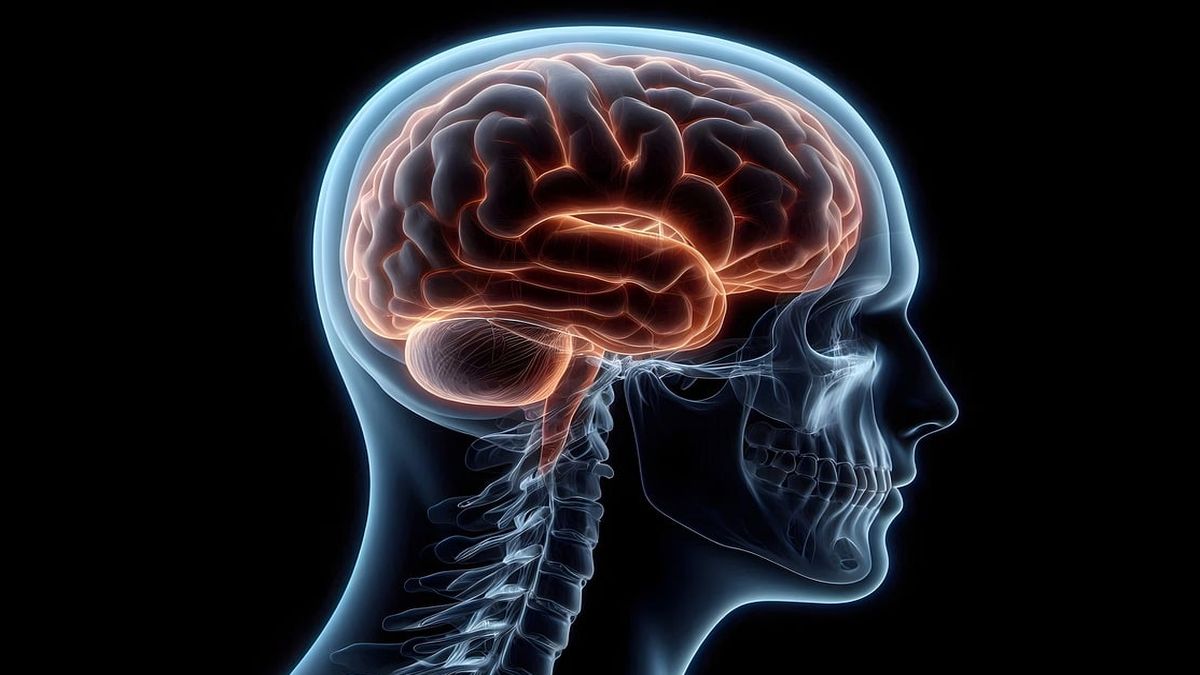A medical breakthrough has been achieved and it’s a moment to celebrate. Doctors have successfully treated Huntington’s disease with a new gene therapy and results show that the disease progression slows by 75 per cent after 36 months.
Prof Sarah Tabrizi, the director of University College London’s Huntington’s disease centre, who led the trial, said: “We now have a treatment for one of the world’s more terrible diseases. This is absolutely huge. I’m really overjoyed.”
Here’s why this treatment, known as AMT-130 , is being considered a medical marvel.
About Huntingon’s disease
The new treatment is being considered a medical breakthrough owing to the nature of the disease.
Huntington’s disease is a genetic condition that affects the cells in your brain, causing them to decay. The disease affects a person’s movements, thinking ability and mental health.
According to the Alzheimer’s Association, Huntington’s is caused by a single defective gene on chromosome 4 — one of the 23 human chromosomes that carry a person’s entire genetic code. This defect is “dominant,” meaning that anyone who inherits it from a parent with Huntington’s will eventually develop the disease. The disorder is named for George Huntington, the physician who first described it in the late 1800s.
Doctors note that usually Huntington’s occurs when people are in their 30s or 40s. If the disease develops before age 20, it’s called juvenile Huntington’s disease. When the disease develops early, symptoms can be different and the disease may have a faster progression.
One of the foremost symptoms of Huntington’s is uncontrolled movement of the arms, legs, head, face and upper body. Huntington’s disease also causes a decline in thinking and reasoning skills, including memory, concentration, judgment, and ability to plan and organise.
Huntington’s disease also leads to alterations in mood, especially depression, anxiety, and uncharacteristic anger and irritability. Another common symptom is obsessive-compulsive behavior, leading a person to repeat the same question or activity over and over.
Experts also find that life expectancy after being diagnosed with the disease is around 15 to 25 years.
Often Huntington’s is known as the cruellest disease because many carriers of the Huntington gene have had children before they discover that they have inherited the condition. This means parents are then left to watch their children get sick.
As Dr Tabrizi has noted in The Guardian, “This is a truly terrible disease. It is like Parkinson’s, motor neurone disease and schizophrenia rolled into one. It devastates families. I have seen households in which mothers have lost husbands and all their children to Huntington’s. People will watch an affected parent suffer and die knowing that they may carry the gene themselves.”
In 2018, the cruelty of the disease was further highlighted through a Danish study which revealed that people with Huntington’s are nearly nine times more likely to attempt suicide than individuals in the general population.
New therapy for Huntington’s
Now, after years and years, there’s been a medical miracle with doctors finding a treatment against this cruel disease. An experimental gene therapy has been found to successfully slow the progression of Huntington’s disease.
Known as s AMT-130, it is delivered via brain surgery, and a single dose is expected to last someone’s whole life. This suggests that the treatment is likely to be very expensive. Nevertheless, it is a moment of real hope for those suffering from this debilitating disease.
According to Tabrizi, the treatment would allow patients of Huntington’s disease to work and live independently for significantly longer.
Prof Ed Wild, from the University College London (UCL) Huntington’s Disease Centre and principal investigator of the trial, was also quoted as telling Sky News, “The results change everything. My patients in the trial are stable over time in a way I’m not used to seeing in Huntington’s disease.”
One of them, he added, was medically retired but has been able to return to work.
What the future holds
Following the success in the trial, UniQure, the Amsterdam-based drugmaker, who has collaborated with the University College London, said it is now planning to submit its data on AMT-130 to the US Food and Drug Administration in the first quarter of 2026. If the treatment is approved by the FDA, it could launch later next year.
“These findings reinforce our conviction that AMT-130 has the potential to fundamentally transform the treatment landscape for Huntington’s disease, while also providing important evidence supporting one-time, precision-delivered gene therapies for the treatment of neurological disorders,” Dr Walid Abi-Saab, chief medical officer of uniQure, said in their announcement.
The treatment has been hailed as hope for the patients of Huntington’s. Amy Gray, the president and CEO of Huntington’s Disease Society of America noted, “For the approximate 42,000 Americans and their families living with Huntington’s disease, this is a truly transformative development.
“For decades, there have been no therapies to slow disease progression—only treatments to manage symptoms,” Gray said. “While there is still a path to approval through the FDA, this data brings us closer than ever to a future where we can change the course of Huntington’s disease.”
With inputs from agencies
)